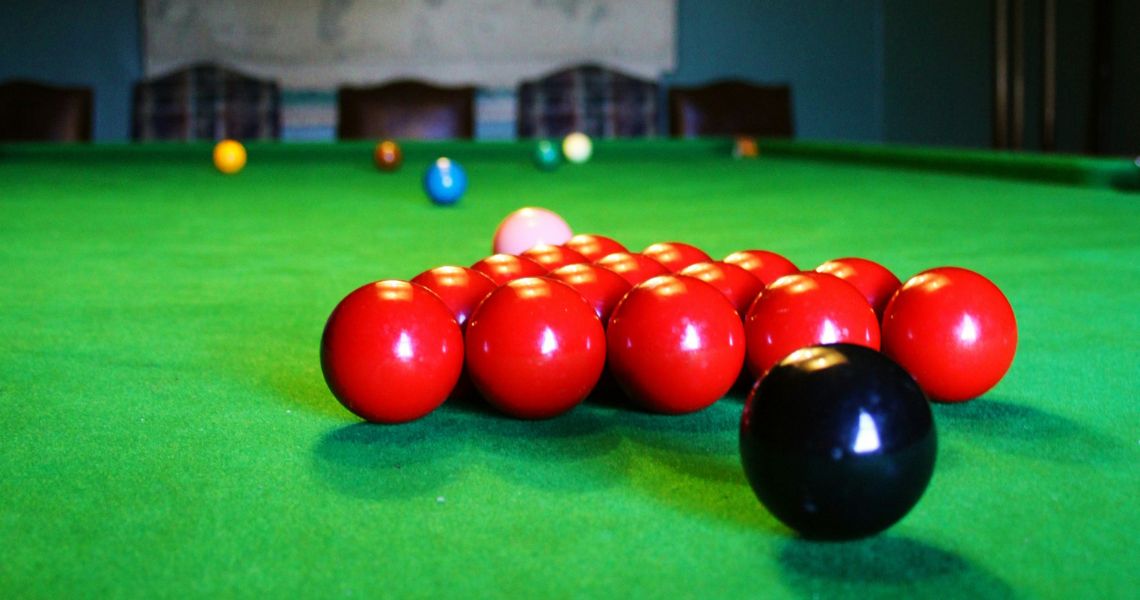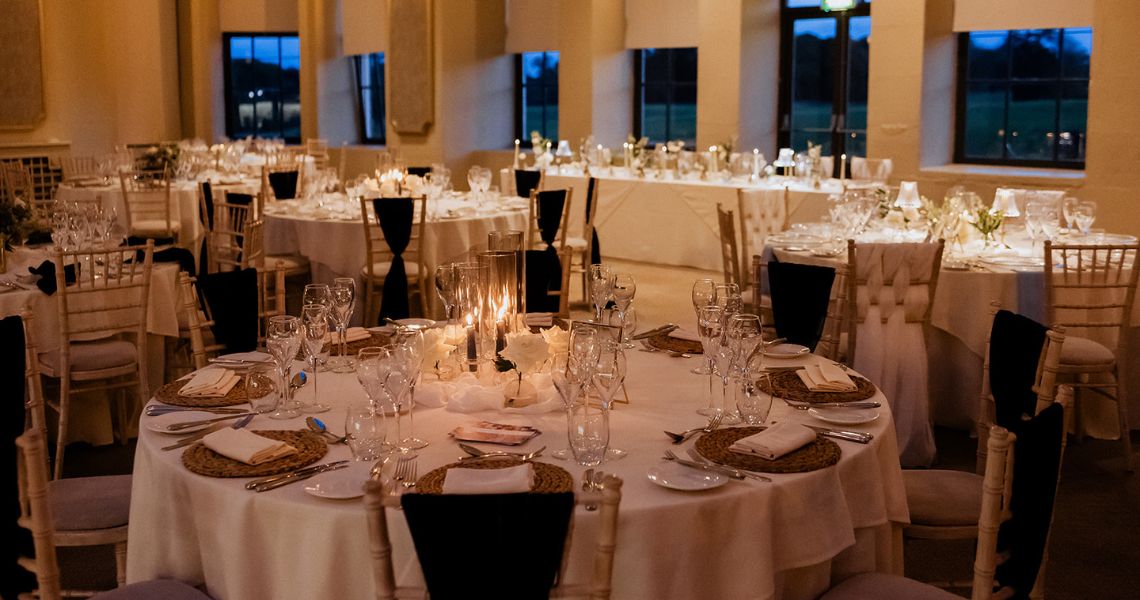The sport of horse racing is steeped in traditions, some of which date back thousands of years. With such a long history, it should come as no surprise that horse racing has developed its own unique set of superstitions, many of which continue to be believed widely by racing fans, bettors, jockeys and trainers today.
From forbidden things, all the way to lucky charms, these beliefs range from the somewhat logical to the downright bizarre. Therefore, we have taken a look at some of the craziest horse racing superstitions and the stories behind each of them.

Colour Green Curse
Although it may be considered to be lucky in some cultures, the colour green in horse racing is deemed to be bad luck. Many jockeys refuse to wear green or have anything of the same colour near them on race day, with some even going so far as to avoid green blankets and saddlebags on their horses. This rather strange superstition dates back centuries with some believing it stems from old hunting days when green was worn by riders who had previously fallen from their horses. On the other hand, some trace it to a number of unfortunate incidents involving those wearing green silks. Regardless of its clouded origin though, many in the horse racing world still refuse to tempt fate with this supposedly cursed colour.

Mysterious Number 13
In many cultures, the number 13 is widely considered to be unlucky, with horse racing being another area where this belief carries over to. Many owners, bettors, and others involved in racing-themed live casino games tend to avoid horses running under the number 13, with some racecourses even omitting stall number 13 altogether. Despite there being no evidence to back up the unlucky nature of this number, the superstition is deeply ingrained today, with certain trainers going out of their way to make sure that their runners aren’t assigned 13, just in case.
Unlucky Race Day Penny
While finding a penny or coin is commonly seen as a sign of good fortune, in horse racing, there is a sight caveat. Should a penny be found heads up, this is lucky, but if the coin is tails up, this is bad luck. If any coins are found around the paddock, jockeys have adverse fractions. Some will avoid these completely if they see they are lying face down, where as others will go out their way to pick them up if the right side is facing them. There have even been instances in the past of jockeys not mounting their horses if they spot a penny nearby, insisting it be removed or turned over before the race begins.
Whistling In The Stables

One thing that is a big no in the horse racing world is whistling around horses, with trainers and stable hands refusing to do so believing it can spoil the animals or bring bad luck. This is arguably one of the strongest superstitions out there, with certain stables having rules against whistling on the premises at all. It is theorised that this belief relates to stable hands using whistling as a warning signal, meaning that hearing a whistle could indicate misfortune or even potential danger.
Forbidden Horse Names
Even with many bettors selecting horses purely on their names alone, some are considered bad luck in racing. Words like ‘Fire’, ‘Curse’, ‘Death’ and ‘Storm’ are thought to carry negative energy, with owners avoiding giving their runners names that hint at any sort of disaster. While there are still the occasional exceptions here and there, most owners prefer to stick with names that sound pesthouse, strong and, of course, lucky.
Never Changing A Horse’s Name
The superstitions around horse names don’t end there either, with fans and owners also strongly believing that renaming a horse is a recipe for disaster. Once a runner has been given its title, changing it is thought to bring misfortune, bad luck or even potential injury to the horse. As racehorses are carefully registered and named, changing a name often means an unlucky or troubled history. While some owners still continue to rename or Rembrandt horses after their sale, most refuse to do so, fearing that any change to the horses name may jinx their racing career.
Lucky Horseshoes

One of the longest standing symbols of good luck, not only in horse racing, but in many cultures, are horseshoes, with many believing these are omens of fortune. If found on a racetrack specially, picking it up with the open end facing upwards is deemed lucky as this way, the luck doesn’t spill out of the shoe. Those around horses, particularly trainers and owners, will even go as far to carry old horseshoe on their persons as lucky charms, believing that these items are what brings success on race days. If a horse loses a shoe before a race begins, it is occasionally taken to be a bad omen, with registered horses sometimes being scratched from a race rather than risking bad luck.
The lucky charms and rituals in the horse racing world do not end there either, as there are various other personal superstitions many people have. Things such as stepping on the rack with the same food every time, carrying a specific item on race day and even avoiding talking about a race before it happens are some other rituals some people involved in the sport believe in.
Images courtesy of unsplash.com, freepix.com and pexels.com











